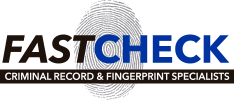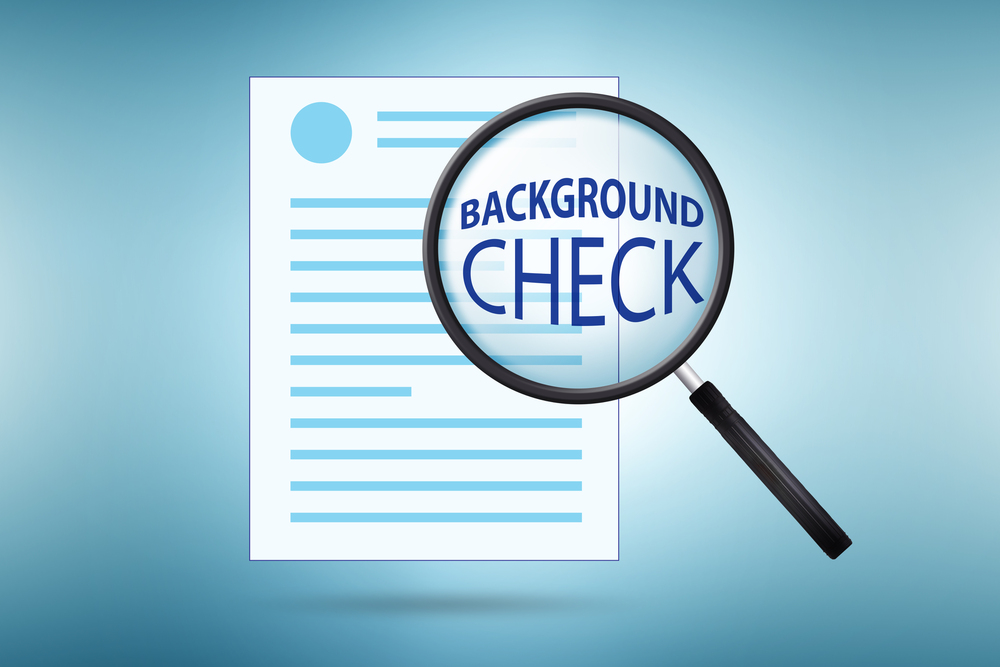Finding the perfect job is more complicated than it ever was. Decades ago, most potential hires needed only a one-page printed resumé. Today, employers may ask for a resumé, cover letter, and a link to your portfolio—and that’s just the start.
Once interviews are completed, a job offer may be on the table. However, the recruitment process may not be over at this stage; in some cases, employers may want to conduct a background check.
Because specific requirements must be met for particular job roles, background checks are often requested before being hired.
So, what do employers look for in a background check on a potential employee? Let’s take a deeper look into this:
Key Areas Of An Employer’s Background Check
Criminal Record
Employers want their employees to work in a safe environment, which is one reason they may want to conduct a criminal record check. By doing so, employers look at a potential hire’s criminal history and assess whether that person could threaten other employees in the workplace.
Employers will often consider the nature of the potential hire’s crime and assess whether they received criminal convictions for their actions. The nature of the crime will often guide the employer’s choice of hiring the potential candidate.
Some industries require extensive background checks and a clean record. Examples include caregiving, healthcare, education, and finance.
Drug & Alcohol Test
Employment background checks may include drug and alcohol testing. However, this depends on job titles, descriptions, and industry regulations. Background checks normally include education verification, education history, criminal record checks, and employment history checks. Drug and alcohol testing is a separate process from traditional employment background checks
Should a job candidate be asked for a drug and alcohol test, they are probably applying for a job in an industry where safety is absolutely critical, such as healthcare, law enforcement, or transportation.
Credit Record
When employers look to hire job candidates, they may want to view a credit history and credit report. A credit check is mostly conducted when an employer wants insight into a person’s financial responsibilities and securities. The check lets them view payment history, credit inquiries, and credit history data.
Bankruptcies
Thorough background checks can expose any bankruptcy filing a candidate may have. This is directly linked with a credit check, but job seekers do not need to be too worried, as a potential employer can only see if an individual filed for bankruptcy but won’t know why it was filed.
Having said that, candidates should show sound financial responsibility to a potential employer by sharing why they filed for bankruptcy. Often, this comes down to things such as a medical issue, a divorce, or an unexpected scenario or event in their lives. A simple one-on-one conversation explaining the situation to the employer will help steady the waters.
Driving History
Another key area employers look for in background checks is the potential employee’s driving records. This can be an immensely important part of a background check for specific jobs. A driving record check would typically be done for someone needing to operate heavy machinery in a job.
If the applicant has a stellar driving history, they will likely be safe drivers for the company with little chance of accidents. However, an applicant with a DUI or traffic violation record may be a red flag for a potential employer. Accidents can also cost employers financially and legally, so driving record checks are imperative for some job roles.
Employment Record
A background check will typically include a past employment history. An employment background check simply means that a potential employer will verify a candidate’s past employment against what is stated on their resumé. This will verify the accuracy of employment history and give the employer a good idea of the type of previous companies and managers you worked with.
The employment history background check varies in depth; some employers seek nothing more than an email from past employers verifying your work history with them. In other instances, you may need to provide the company with an employment verification letter.
Education Verification
Employers may do a schooling verification as part of a background check. This is similar to the employment record check, as the employer is simply verifying the education credentials of a potential employee. This often occurs when a person’s qualifications directly influence their job and compensation tiers. If employers decide to complete this verification, an applicant may be asked to send over copies of their certificates as proof of education.
Social Media Check
A recent study showed that 65% of Canadian companies screen applicants using social media. Employers may look into social media profiles to check for any red flags regarding the content posted. They may also screen profiles to check if the applicant is lying about their credentials or if they post any negative or discriminatory content about their past employers.
If A Company Does A Background Check, Am I Hired?
When an employer decides to do a background check, it doesn’t guarantee that you will be hired for the job. However, in most instances, it does mean that they are seriously considering you for the available job role. This is because a background check is generally done very close to the end of the hiring process. In some cases, it might even be the very last step of the recruitment process.

Can I Refuse A Background Check?
If you don’t feel comfortable with an employer conducting a background check, you are fully entitled to refuse for it to be done. Every employer that wants to do a background check must obtain your consent before starting the screening process. Remember that social media background checks can be done without your consent. Still, other checks on your credit, driving, education, and employment history must all be done with the applicant’s consent.
How Long Do Background Checks Take?
A background check can take anywhere between a few days to two weeks, depending on how in-depth and thorough it is. If an employer checks only core elements, like employment verification and a criminal record check, that typically takes two or three days. But if they want to look at a more comprehensive background check, including a credit history, education verification, driving records, and a drug or alcohol test, this could take much longer. A background check will take longer if the information cannot be easily verified and inaccuracy can lead to longer waiting times without employment.
Conclusion
A criminal record check creates transparency between potential employers and employees before a job is offered. If an applicant has gotten this far in the hiring process with an employer and has been honest about their background and past employment, chances are they will have a smooth background check experience and likely receive a job offer. If you’d like to learn more about how criminal background checks work, contact our team at FASTCHECK.


Recent Comments